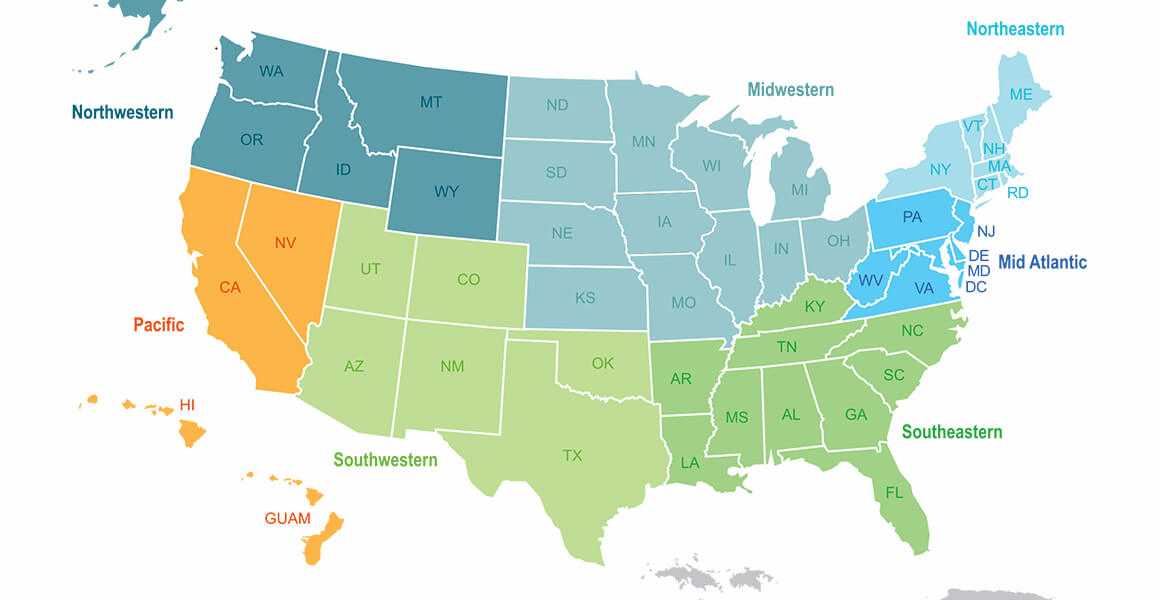Same-sex Surrogacy laws
While the surrogacy process for heterosexual and LGBTQ+ intended parents is largely the same, there are still nuanced differences requiring extra attention when it comes to law and establishing parentage.
You will find surrogacy laws vary from state to state, so it is best to speak with a surrogacy agency and an attorney specializing in reproductive law. As an LGBTQ+ intended parent, you need to be aware of laws specific to the state where your surrogate resides.
Surrogacy is illegal for gay parents where I live
If you live in a state where surrogacy is illegal, don’t panic yet! This will not immediately preclude you from becoming a parent through surrogacy. You still have the option to work with a surrogate who is located in a surrogacy-friendly state.

Most surrogacy-friendly states
Gay surrogacy is permitted in multiple states, but we recommend first considering working with a surrogate based in a state with the most progressive surrogacy and LGBTQ+ parenting laws permitting pre-birth orders with both intended fathers’ names on the birth certificate. These states include:
- California
- Connecticut
- Washington DC
- Delaware
- New Hampshire
- New Jersey
- New York
- Texas
- Washington
- Rhode Island
- Maryland
- Nevada

Legal Considerations for LGBTQ+ Intended Parents
Surrogacy for gay parents goes beyond whether surrogacy is or isn’t legal in your home state. There are additional considerations when deciding which state is best for your surrogacy journey.
Gestational Surrogacy Agreement (GSA)
This agreement defines the relationship between intended parents and surrogate (also known as a gestational surrogate) including each parties’ rights, responsibilities, and obligations. This provides legal protection for both parties throughout the surrogacy process until the delivery of the baby. In surrogacy-friendly states like California, a Gestational Surrogacy Agreement is required before injectable medications and embryo transfer can begin. Additionally, each party must be represented by independent legal counsel.
The Gestational Surrogacy Agreement is important to you because it establishes you as the parents of the baby a surrogate will carry while protecting your surrogate from bearing the medical costs associated with the pregnancy.
Pre-Birth Order
Working hand-in-hand with the Gestational Surrogacy Agreement, the pre-birth order is a legal document that declares intended parents as the legal parents of the child and instructs the hospital to put their names on the birth certificate.
The pre-birth order is signed by both the surrogate and the intended parents before the child is born, making it impossible for the surrogate mother to claim legal rights.
Second Parent Adoption
There are situations where an adoption will have to take place in order to establish parental rights. Legal parental rights are already granted to the father who provided genetic material to create the embryo. This leaves the other father with establishing legal parental rights though second parent adoption.


